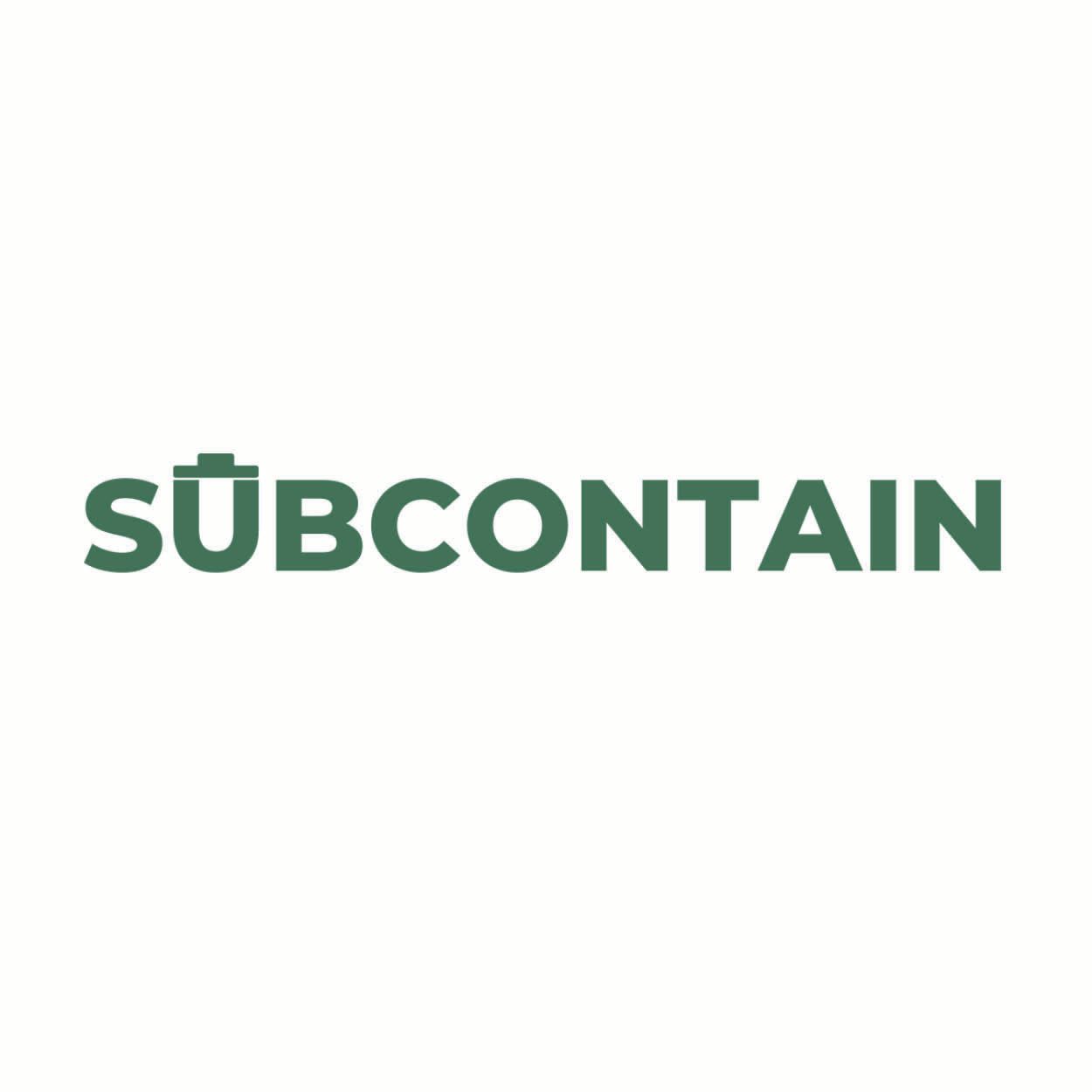DIAMETRICS: SETTING THE NEW STANDARD IN DIABETIC CARE
About Diabetes (source: American Diabetes Association)
Cost of diabetes
Updated November 2, 2023
- $412.9 billion: Total cost of diagnosed diabetes in the United States in 2022
- $306.6 billion was for direct medical costs
- $106.3 billion was in indirect costs
After adjusting for population age and sex differences, average medical expenditures among people with diagnosed diabetes were 2.6 times higher than what expenditures would be in the absence of diabetes.
- Prevalence: In 2021, 38.4 million Americans, or 11.6% of the population, had diabetes.
- 2 million Americans have type 1 diabetes, including about 304,000 children and adolescents
- Diagnosed and undiagnosed: Of the 38.4 million adults with diabetes, 29.7 million were diagnosed, and 8.7 million were undiagnosed.
- Prevalence in seniors: The percentage of Americans age 65 and older remains high, at 29.2%, or 16.5 million seniors (diagnosed and undiagnosed).
- New cases: 1.2 million Americans are diagnosed with diabetes every year.
- Prediabetes: In 2021, 97.6 million Americans age 18 and older had prediabetes.
DiaMedics, is a first to market powered by WCG a Bio Tech that utilizes a new proprietary technology for the treatment of both type 1 ,type 2 . Their team of experienced healthcare professionals creates individualized treatments incorporating several modalities to ensure that every patient receives the best care possible.
In addition to managing diabetes, DiaMedics specialize in treating diabetic wounds and neuropathy. There are often unique challenges that come with these conditions and DiaMedics facilities are equipped with the both staff and technology to handle cases ranging from the extremely difficult to the mundane.
The DiaMedics’ team of experienced healthcare professionals includes specialists who are dedicated to delivering the highest level of care to diabetic patients. They offer a comprehensive range of services in addition to proprietary modalities that include medication management, dietary counseling, glucose monitoring, and lifestyle modifications to help patients achieve optimal health outcomes.
Whether a patient has been recently diagnosed with diabetes or has been living with the condition for years, the team at DiaMedics can evaluate and develop a personalized treatment plan using its cutting-edge technology. They employ a holistic approach to diabetes management, focusing on not just treating the symptoms, but addressing the underlying causes of the disease. DiaMedics approach to care ensures that each patient receives individualized treatment tailored to their specific needs and goals.
When patients choose DiaMedics for diabetes care, they can trust that they are in good hands. The clinic is equipped with state-of-the-art technology in advanced medical facilities to ensure the highest quality of care possible.
In a landscape where diabetic care can often be disjointed and inaccessible, DiaMedics is a beacon of hope. By bringing together all aspects of diabetic care under one roof, they are revolutionizing the way diabetes is treated. With their innovative technology, experienced team, and personalized approach, DiaMedics is setting a new standard in diabetic care.
Meet the Founders: Gregoire Gasparini and Joseph Iredell
With years of entrepreneurial experience in both the tech and franchise space coupled with an empathetic vision, Joe and Greg set out to bridge the disjointed nature of care when it comes to people living with diabetes. In their research they discovered that often times the newest and most appropriate treatments for patients were either mostly inaccessible or primary care physicians were simply not made of aware of these advancements. By bringing all aspects of diabetic care under one roof, DiaMedics is able stay ahead of the ever-changing landscape of diabetic health and make these modalities and treatments easily accessible to all patients. They later teamed up with Dr. Ryan Rosen who serves as DiaMedics’ director and Chief Medical Officer. Dr. Rosen plays a crucial role in ensuring the best possible patient outcomes for all DiaMedics facilities. At time of publication DiaMedics poised to open 150 new locations within the next 36 months.
Thank you for considering DiaMedics. Contact DiaMedics today to schedule an appointment and take the first step towards a healthier future or learn more about some unique opportunities to become a part of the DiaMedics team. Contact: PRTeam@DiaMedics.com
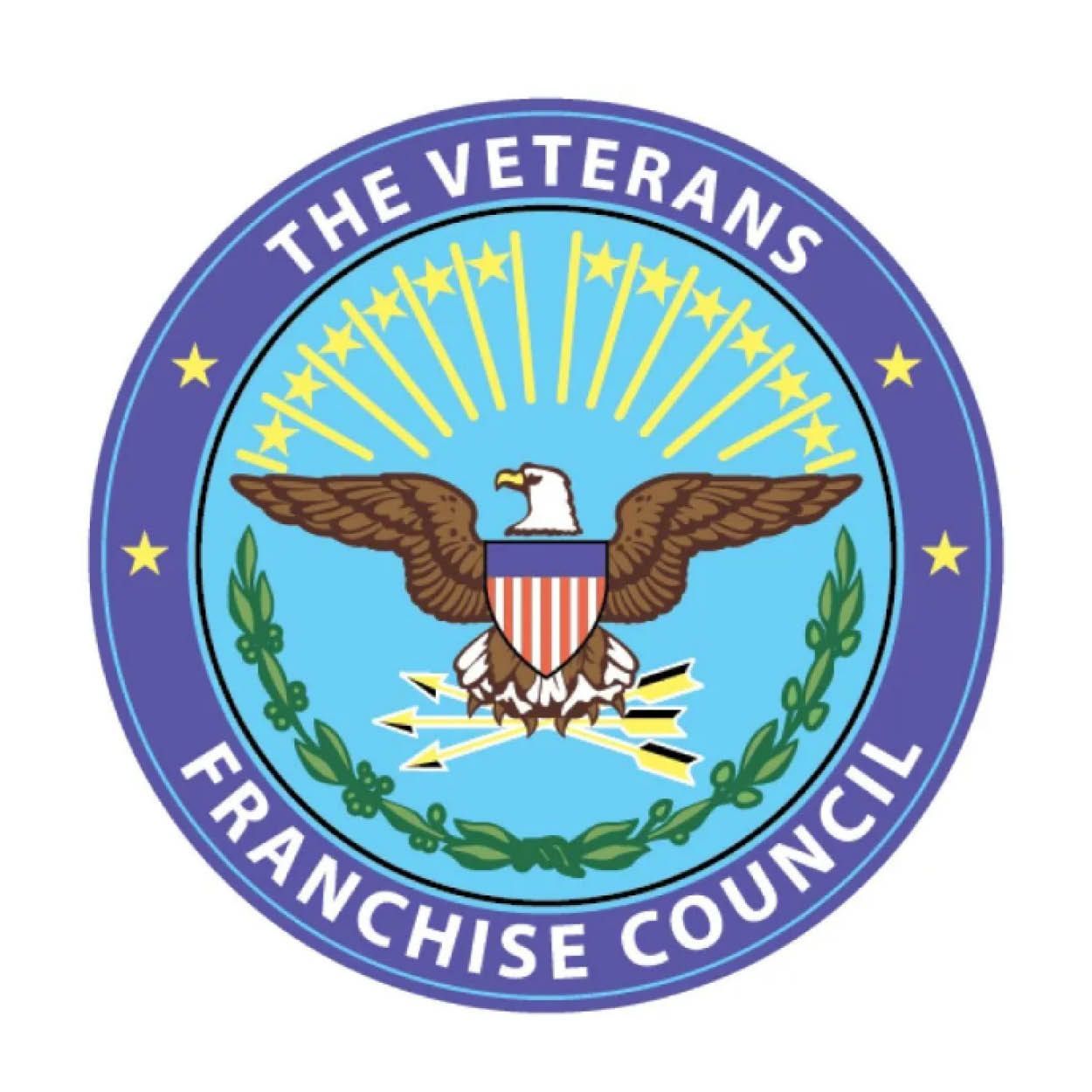


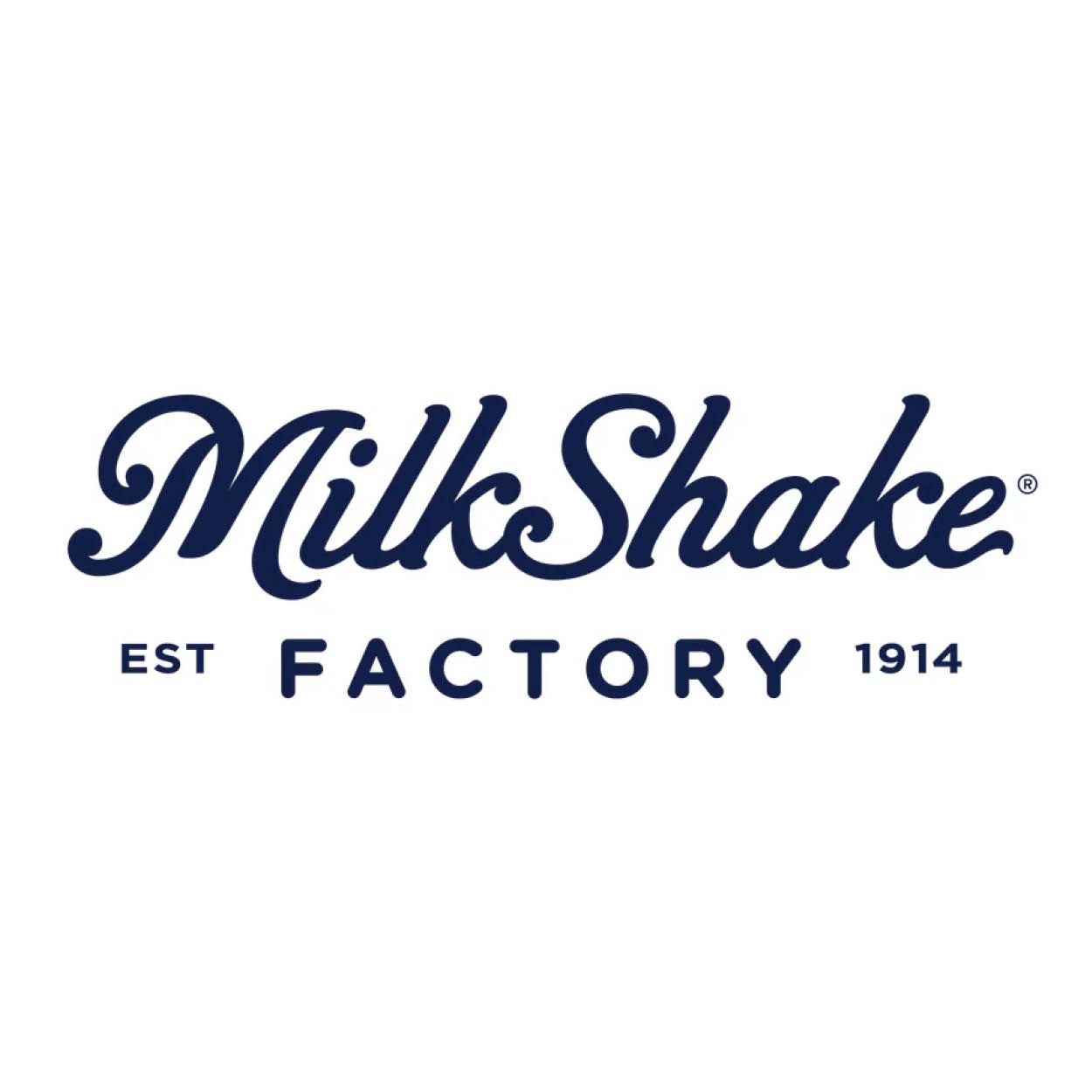

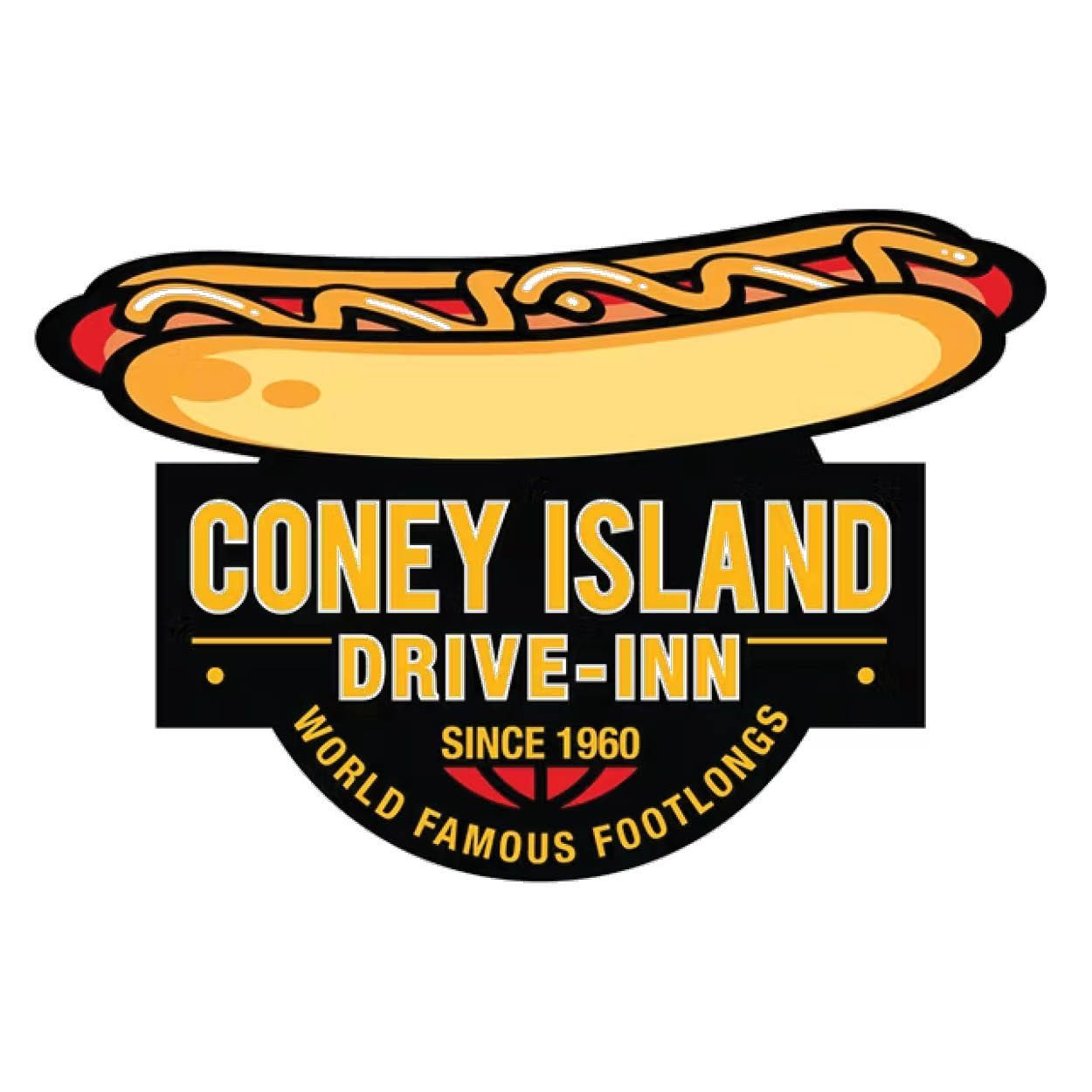
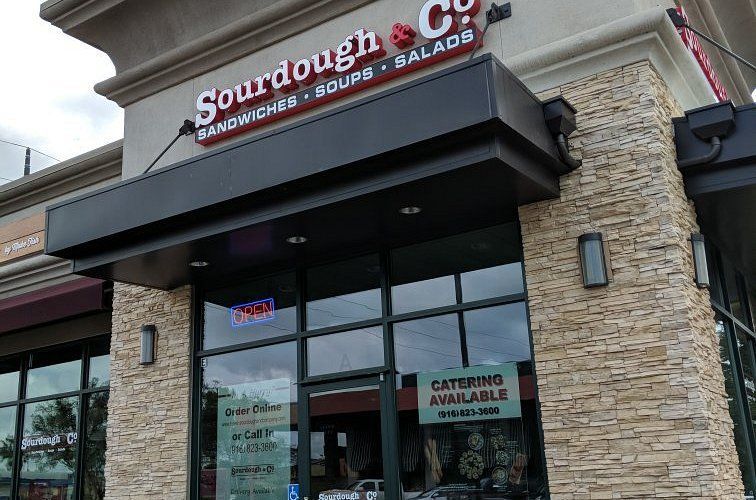

SIGN UP FOR THE FRANCHISE JOURNAL NEWSLETTER
FJ Subscribe
Thank you for subscribing to The Franchise Journal.
Please try again later.


